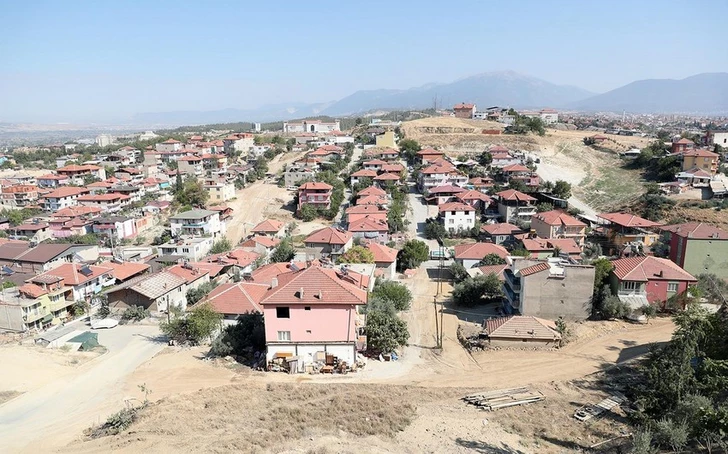As previously reported, around 100,000 families in Azerbaijan will soon be able to register their long-awaited property rights on their homes. This will be made possible by the implementation of President Ilham Aliyev’s decree “On Amendments to the ‘List of Documents Confirming Property Rights on Real Estate Acquired Before the Enactment of the Law ‘On the State Real Estate Register'”, signed on July 16 this year.
Undoubtedly, issuing property certificates for such a large number of previously undocumented homes will create a significant boost to the country’s real estate market.
A natural question arises: how will this large-scale legalization affect real estate prices in Azerbaijan?
Real estate expert Ramin Osmanly commented on the situation, explaining that it is about formalizing buildings that already have certain preliminary legal documents.
“There are some discrepancies regarding the figure of 100,000, as there is no official statistics on this issue. This is an estimate provided by the relevant executive authority. However, we must first understand the time frame and the stage at which this process will occur. If it is possible to register about 100,000 buildings within a year, it will be a significant achievement,” he noted.
In R. Osmanly’s opinion, this initiative could significantly increase the number of private homes eligible for mortgage lending.
“This will expand the list of properties that can be used in mortgages, which will undoubtedly affect the market. However, I do not expect this decision to lead to fundamental changes in real estate prices,” the expert is confident.
He emphasized that Decree No. 439, signed by the President of Azerbaijan, provides amendments to Article 8 of the Law “On the State Real Estate Register.”
“Since 2015, several amendments have been made to the legislation in order to implement such initiatives. The Law on the State Real Estate Register has also been repeatedly amended. However, it is clear that these measures were not enough to fully complete the process of legalizing unauthorized constructions. Moreover, we have not been able to prevent the further spread of this phenomenon,” the expert explained.
R. Osmanly pointed out a concerning trend: the number of illegal constructions continues to grow day by day.
“If a full amnesty is implemented in this area, the process of legalizing unauthorized buildings can be successfully completed, and at the same time, it will be possible to prevent the emergence of new illegal properties,” he added.


